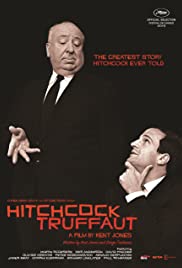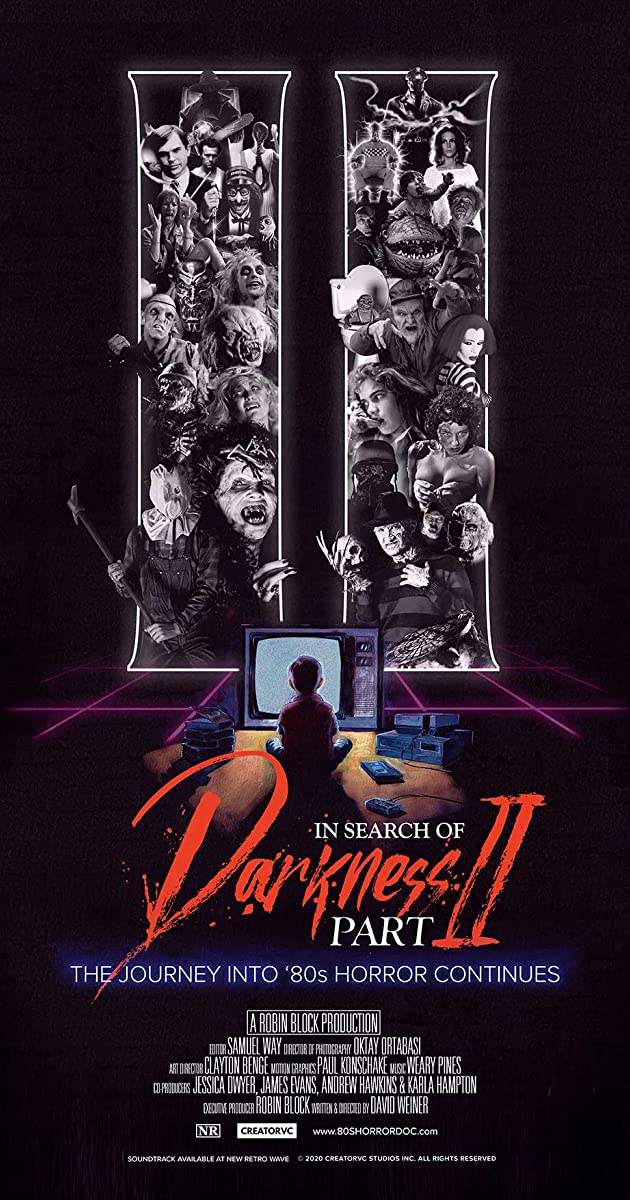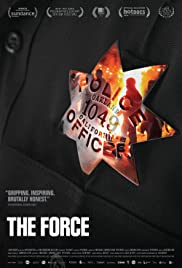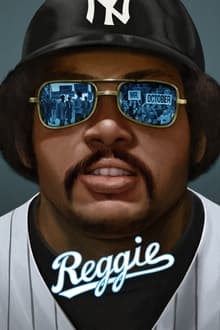
Not Available right now
You May Also Like

Misunderstood genius, superstar, Hollywood’s fallen angel… Orson Welles left his indelible mark on the 20th century.

Filmmakers discuss the legacy of Alfred Hitchcock and the book “Hitchcock/Truffaut” (“Le cinéma selon Hitchcock”), written by François Truffaut and published in 1966.

The Real Bruce Lee is a martial arts documentary. It begins with a brief biography of Bruce Lee, and shows scenes from four of his childhood films, Bad Boy, Orphan Sam, Kid Cheung, and The Carnival, each sepia-toned and dubbed to English. Next, there is a three-minute highlight reel of Lee imitator Bruce Li. Finally, there is a feature-length film starring Lee imitator Dragon Lee, which is obviously modeled after Bruce Lee’s Fist of Fury.

The ultimate ‘80s Horror retrospective just got BIGGER. In Search of Darkness: Part II is a four-hour-plus sequel to the Rondo Hatton-nominated In Search of Darkness, adding 15 new interviewees and 40+ returning favorites for the biggest and most comprehensive ‘80s Horror documentary cast ever assembled.

Filmed over the summer festival season, Stacey Lee’s uplifting documentary examines gender inequality in the electronic dance music scene.

The Force presents a cinema vérité look deep inside the long-troubled Oakland Police Department as it struggles to confront federal demands for reform, a popular uprising following events in Ferguson, MO, and an explosive scandal.

In 1978 Scotland had a team of brilliant footballers and mercurial manager Ally McLeod. Featuring rare archive footage, this is the story of when a nation dared to dream.

The first Muslim woman to receive the Nobel Peace Prize, Shirin Ebadi has inspired millions around the globe through her work as a human rights lawyer defending women and children against a brutal regime in Iran. Now the film, andquot;Un…

Behind the international success story of Amos Oz, a symbol of the Israeli conscience and a writer translated into 45 languages, lurked a double tragedy. When he was 12-years-old his mother committed suicide, and a few years before his death his daughter accused him of being physically and mentally violent, ending all communication with him. A series of conversations with his latest biographer presented in the film, weaves biographical passages, literature and conversations with the main people in his life, as Amos Oz tells his last story.

The ‘Casa do Povo’ cultural centre in São Paulo, an icon of the secular Jewish workers’ movement: a crumbling theatre flanked by staircases, entryways and corridors. Construction noise drones away in the background, clinking crockery, a broom sweeping over tiled floors, an expressive façade of countless adjustable panes of glass covered by a patina. It’s October 2016 and a group of young people are preparing a preview of Bickels [Socialism]. The venue is to form a prologue to the completed film, which tours 22 buildings in Israel designed by Samuel Bickels, most of which for kibbutzim. Dining halls, children’s houses, agricultural buildings, bright structures inserted into the Mediterranean landscape with great ingenuity. An architecture with a sell-by date: That many are now empty or have been repurposed at best is linked to the decline of the socialist ideals they embody.

One of sport’s first and most influential megastars, beloved baseball icon and 5-time World Series champion Reggie Jackson contemplates his legacy as a trailblazing Black athlete fighting for dignity, respect, and a seat at the table in this intimate and revealing documentary exploring his life and barrier-busting career.